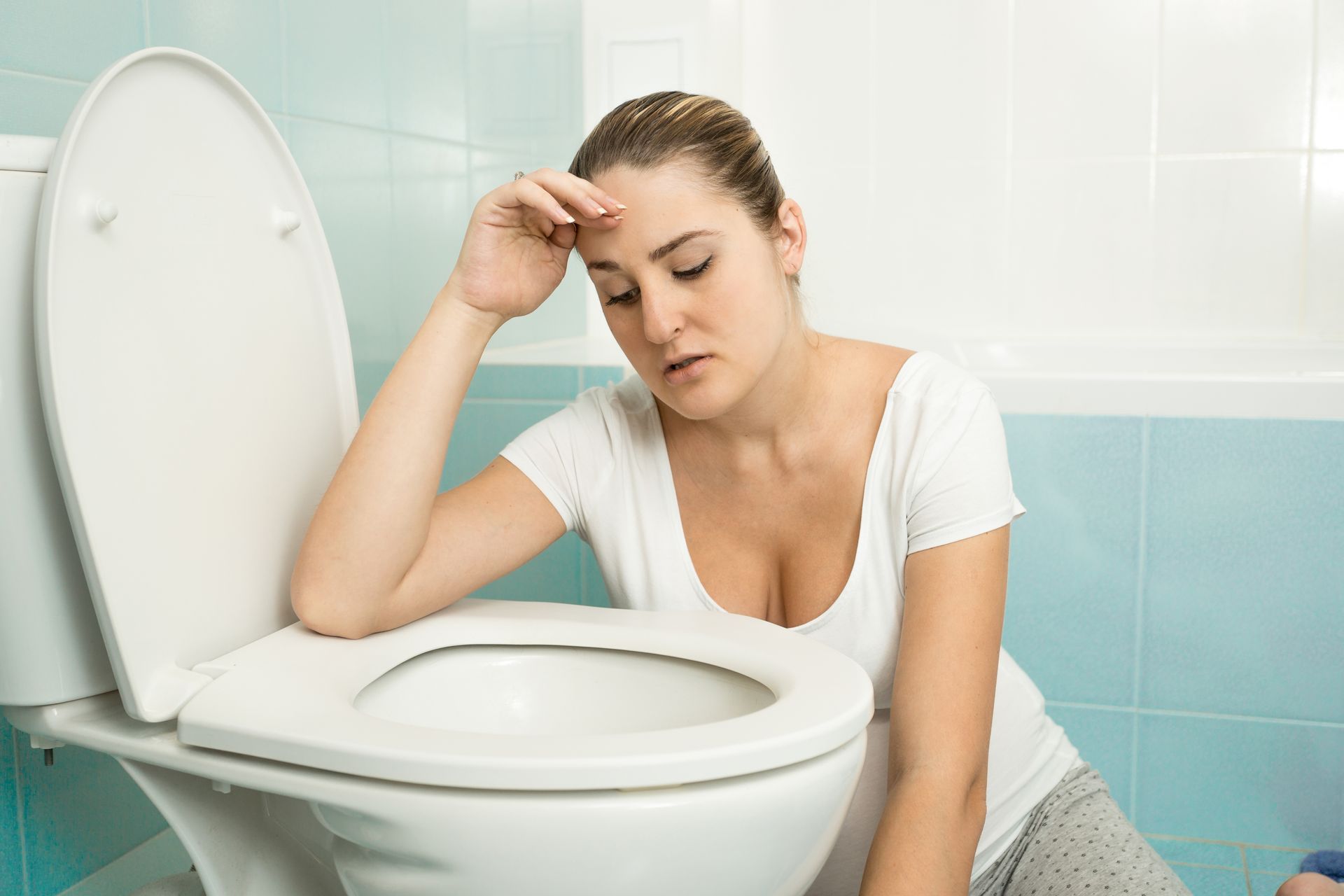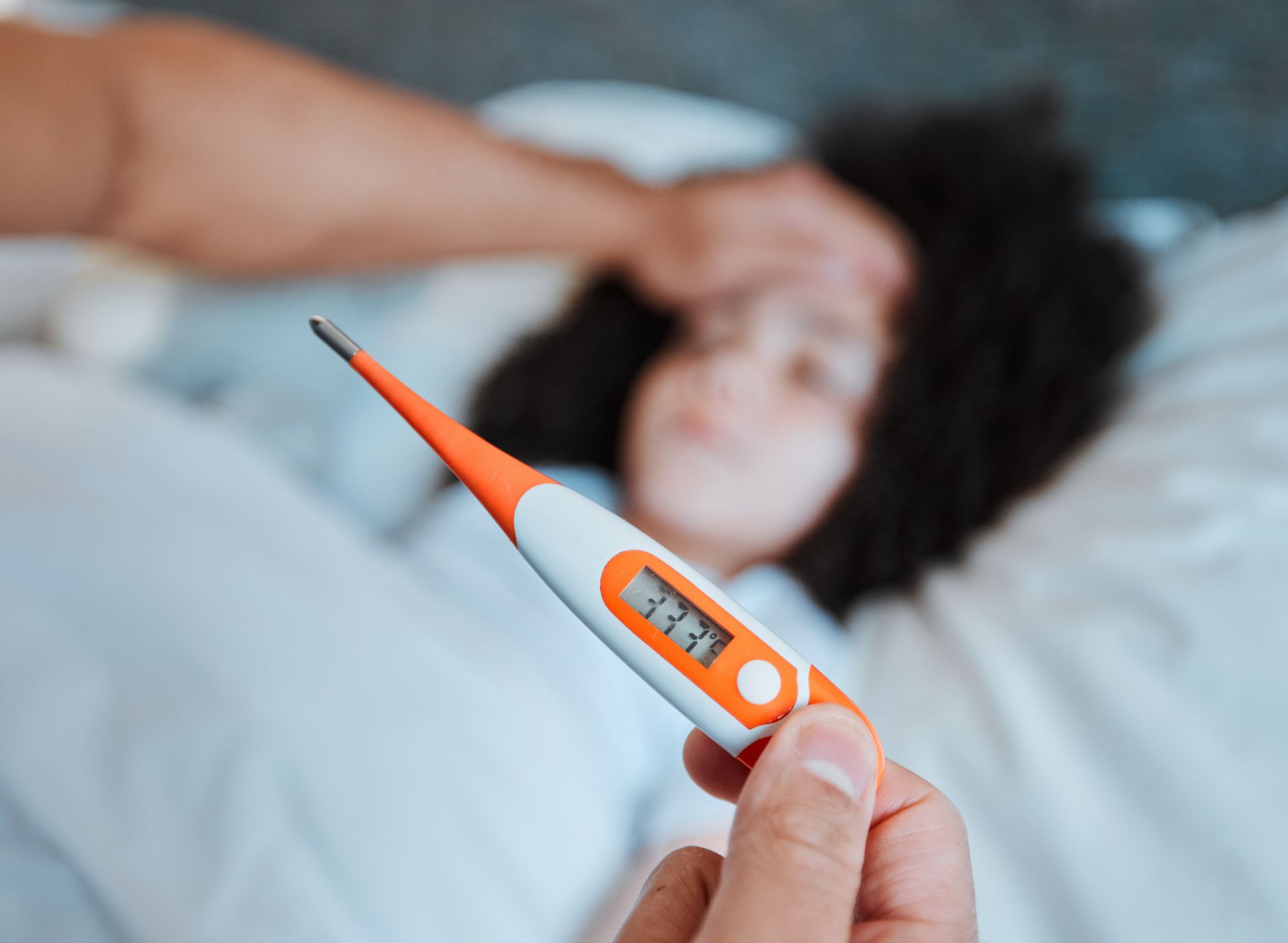Contact Us
We will get back to you as soon as possible
Please try again later
BLOG, PODCAST, & RESEARCH LIBRARY
"Experts argue that root canal teeth cannot be fully sterilized due to miles of microscopic tubules that harbor bacteria, which produce toxins and contribute to various health problems..."

Story at a Glance
- The documentary "Root Cause" reveals how root canals may pose health risks by leaving dead tissue in your body, leading to chronic infections and systemic health issues that are often undetected by conventional dental imaging.
- Experts argue that root canal teeth cannot be fully sterilized due to miles of microscopic tubules that harbor bacteria, which produce toxins and contribute to various health problems.
- Research suggests correlations between root canals and chronic diseases like heart disease and cancer.
- Alternatives to root canals include tooth extraction followed by bridges or zirconia implants, with a focus on proper cleaning and healing protocols supervised by a biological dentist.
- Prevention through nutrition, oral hygiene, and practices like hydrogen peroxide irrigation may help maintain oral health and reduce the need for invasive dental procedures like root canals.
The Flawed Premise of Root Canals
At the heart of the root canal issue is a fundamentally flawed premise — the idea that you can leave dead tissue in your body without consequences. According to Dr. David Minkoff, a pioneer in natural medicine:
"There's no branch of medicine that exists where a dead organ is left in except in dentistry where a root canal is left in. If a guy's got a gangrenous toe, you gotta cut the toe off because it's bacteria infested and it's toxic and it's gonna kill the patient."
Yet, a root canal leaves a dead tooth in place, cut off from blood supply and your body's immune defenses. Conventional dentistry views this as acceptable, but from a holistic health perspective, it's a recipe for chronic infection and toxicity. A non-vital tooth left in your mouth may lead to both immediate and long-term infections that could spread undetected throughout your body, contributing to various health issues.
Why Root Canals Can’t Be Truly Sterilized
Experts in the documentary emphasize that it's impossible to completely sterilize a root canal tooth. Even skilled endodontists can only clean out the main canals, but teeth contain miles of microscopic tubules that harbor bacteria and other pathogens.
"Those microtubules are big enough for a bacteria to fit in, but not much else. And the problem is, if you've got six to eight miles of microtubules in a single tooth, it's impossible. You can see why it's impossible to sterilize that tooth." — Dr. Bradley Nelson
These tubules, once sealed off, become the perfect breeding ground for anaerobic bacteria that produce potent toxins. Holistic practitioners use meridian tooth charts to map how each tooth corresponds to different organs. For example, back molars are linked to the heart, breast tissue, and thyroid gland, while front teeth connect to the kidneys and urinary system. This connection may explain why an infected tooth can trigger seemingly unrelated health issues elsewhere in your body.
Dr. Gerald H. Smith explains that teeth are made of the same tissue as the sympathetic and parasympathetic nerve tissue, meaning toxins originating in your mouth can spread through your lymphatic system to affect your entire body. The pulp of the tooth is also closely linked with the lymphatic and autonomic systems, more so than any other organ.
The documentary features a case of a 19-year-old woman who developed chronic bladder and kidney infections after a root canal on a front tooth. The infections persisted despite treatment, until the root canal tooth was removed — after which her symptoms completely resolved.
The Link Between Root Canals and Chronic Disease
"Root Cause" presents alarming evidence of the connection between root canals and chronic diseases, such as heart disease, kidney disease, and even cancer.
"Data we've just recently gotten shows now that the No. 1 cause of heart attack is a root canal-treated tooth. Plain and simple, not correlation, not link, cause and effect." — Dr. Thomas Levy
Dr. Thomas Levy, a cardiologist and author of "Hidden Epidemic," explains that root canals are linked to an increased risk of heart problems. The BaleDoneen Method, a cardiovascular health strategy, does not condone root canals due to the heart risks. Similarly, Dr. Thomas Rau reports that 97% of breast cancer patients in their clinic have had a root canal or a toxic situation in their teeth. Chronic low-grade infections and toxins from root canal teeth may drive inflammatory processes linked to modern diseases.
The Toxicity of Root Canal Teeth
Conventional 2D dental x-rays often fail to detect issues with root canal teeth. According to Dr. David Minkoff:
"About 95% of dentists have x-ray equipment in their office, which is only two-dimensional. They can only see width and height on the tooth, not depth."
3D cone beam scans frequently reveal abscesses and other issues that are invisible on standard x-rays, explaining why many dentists believe root canals are safe. The documentary also features Boyd Haley's research, showing that substances from root canal teeth are as toxic as botulism and hydrogen sulfide.
What Are the Alternatives to Root Canals?
The documentary suggests several alternatives to root canals:
1. 3D Imaging Evaluation
Have existing root canal teeth evaluated using 3D imaging and specialized testing for hidden infections.
2. Removal and Cleaning
Consider having problematic root canal teeth removed, followed by proper cleaning of the socket and surrounding bone.
3. Bridges and Implants
For new infections, consider tooth extraction followed by a bridge or zirconia implant. Zirconia implants are biocompatible and less likely to trigger autoimmune reactions compared to titanium.
4. Preventive Measures
Focus on prevention through nutrition, oral hygiene, and addressing teeth grinding to avoid needing root canals.
5. Leave the Space Empty
In non-visible areas, leaving the space empty may be a viable option.
If extraction is chosen, it is crucial to work with a biological dentist skilled in proper protocols to remove the periodontal ligament and sterilize the extraction site, possibly with ozone therapy. Dr. Mark Breiner recommends waiting at least three months to ensure complete healing before placing an implant.
Important Considerations Before Getting a Root Canal
"Root Cause" highlights the need for integration between medicine and dentistry. Levy states:
"It's very important that dentistry and medicine get together. It's important that physicians are as aware of the importance of the mouth as it is for the dentist to realize that some of the procedures that he or she does in the mouth severely and strongly impacts the health of the body."
Before deciding on a root canal, consider your personal health situation. Ozone therapy may be a viable alternative, especially for children. If your tooth pulp is completely dead, only a root canal or extraction will suffice. Have existing root canal teeth evaluated by a biological dentist, and for any future dental work, seek out a biological dentist who presents all available options.
How to Maintain Your Oral Health
The best approach is prevention through nutrition and proper oral hygiene. Tooth decay and infections are often linked to dietary choices, especially excessive sugar. You can often avoid invasive procedures by limiting sweets and maintaining good oral habits.
Three crucial nutrients for oral health are vitamins A, D, and K, along with a good supply of minerals. Certain dietary components, such as industrial vegetable oils and seed oils, can increase oxidative stress, damaging oral health. Limiting or eliminating these oils can make a big difference.
Using hydrogen peroxide for dental irrigation is an effective form of dental care. Add about half a dropper of 12% food-grade hydrogen peroxide to the water in a Waterpik, along with salt and bicarbonate. Hydrogen peroxide works synergistically with vitamin C for improved results.
For more holistic strategies, listen to my interview with Dr. Carlo Litano, a biological dentist who discusses the risks of root canals and tools to help patients recover from chronic infections often caused by improper dental procedures.
By keeping your teeth and gums healthy, you can often avoid the need for root canals. Oral health is intimately connected to your overall well-being, so making informed choices can help protect not just your smile, but your whole-body health.
---
To read the original blog on Mercola's website, please visit: https://articles.mercola.com/sites/articles/archive/2024/09/28/root-canal-health-effects.aspx










